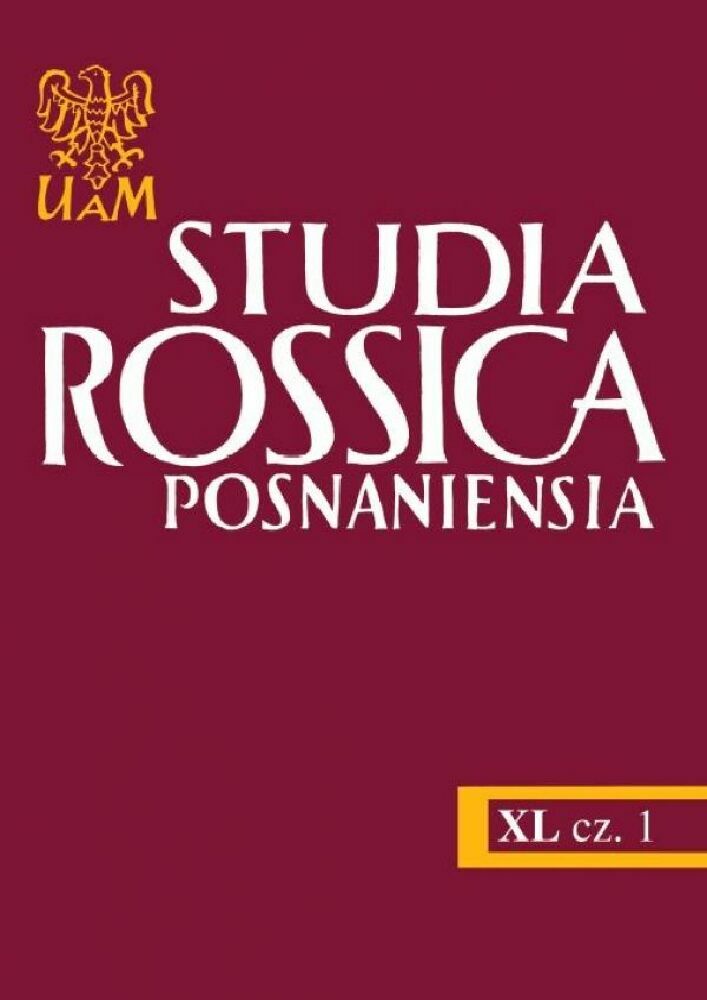Аннотация
The author of this article points to Pelevin’s two main creative strategies: his use of satire which is connected with the representation of history and his inclination toward mysticism and esotericism. This article reconstructs the historical background of this work and mentions the oligarch Khodorkovsky, which constitutes the plot of the novel. Certain aspects of V. Pelevin’s language play are also analyzed, in particular, his tendency to change the meaning of the concept of a number in the novel: a number can be mystical; it can be seen as an image or a sign and also as a word and a part of the text. The collision of two myths – the myth about capitalist consumption and the communistic myth about restoring justice – is investigated. This article shows how dogmas and ideas that are not connected with a specific person are parodied.
Лицензия
Copyright
© 2015 Uniwersytet im. Adama Mickiewicza w Poznaniu
OPEN ACCESS
